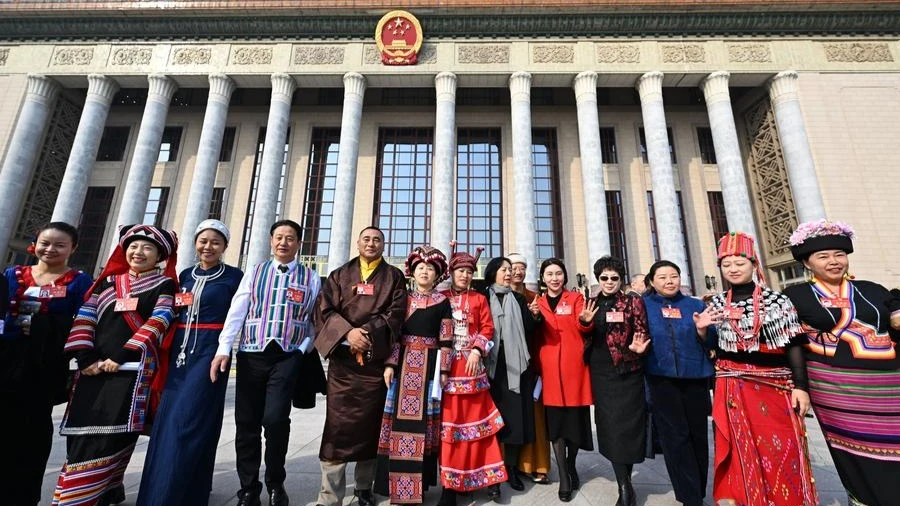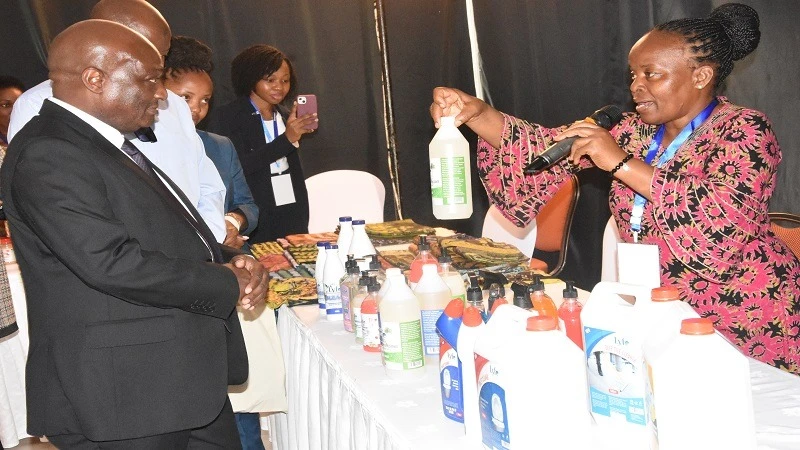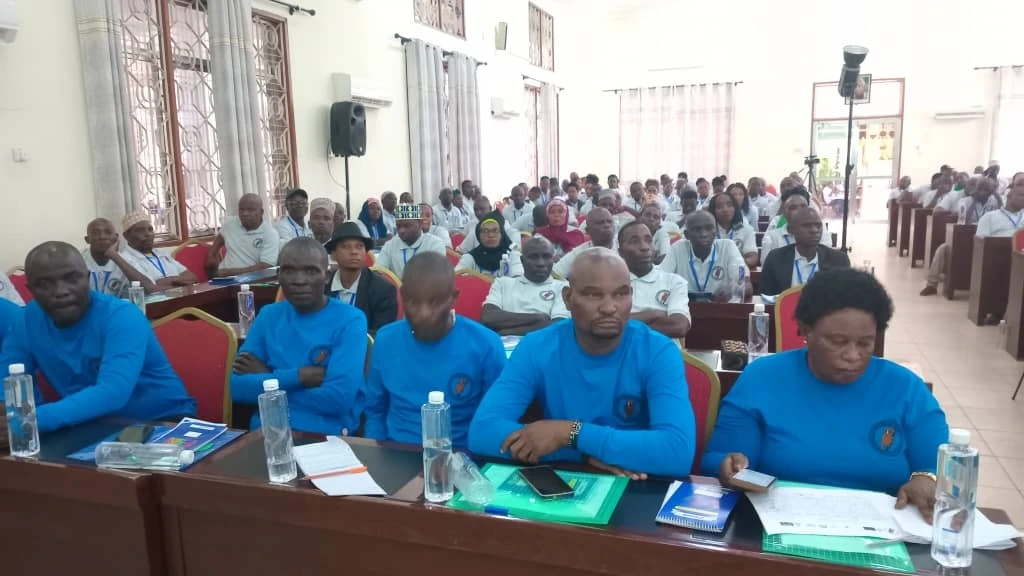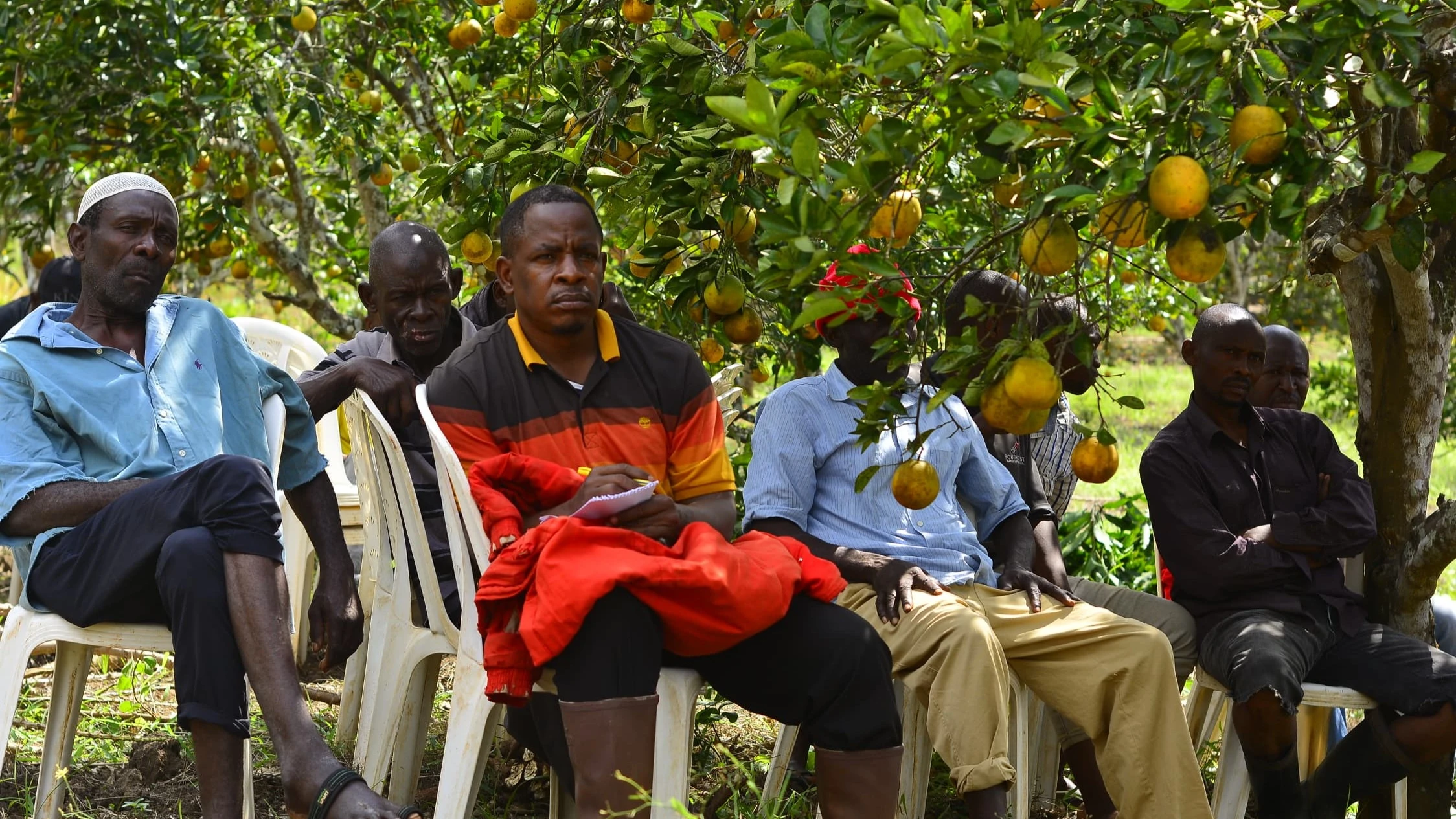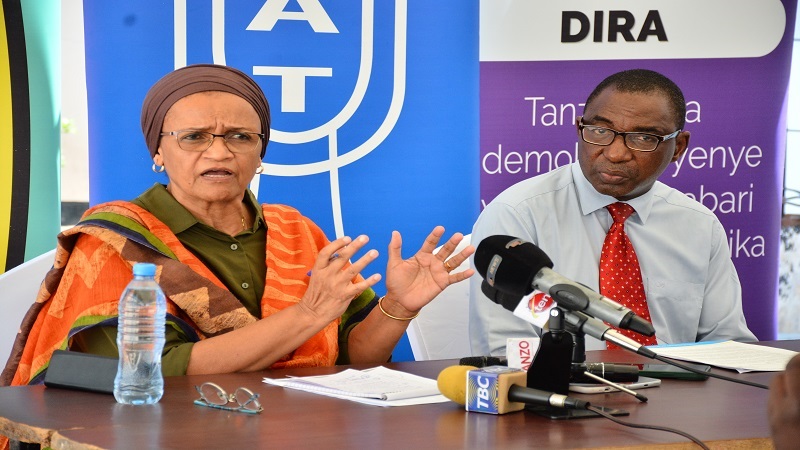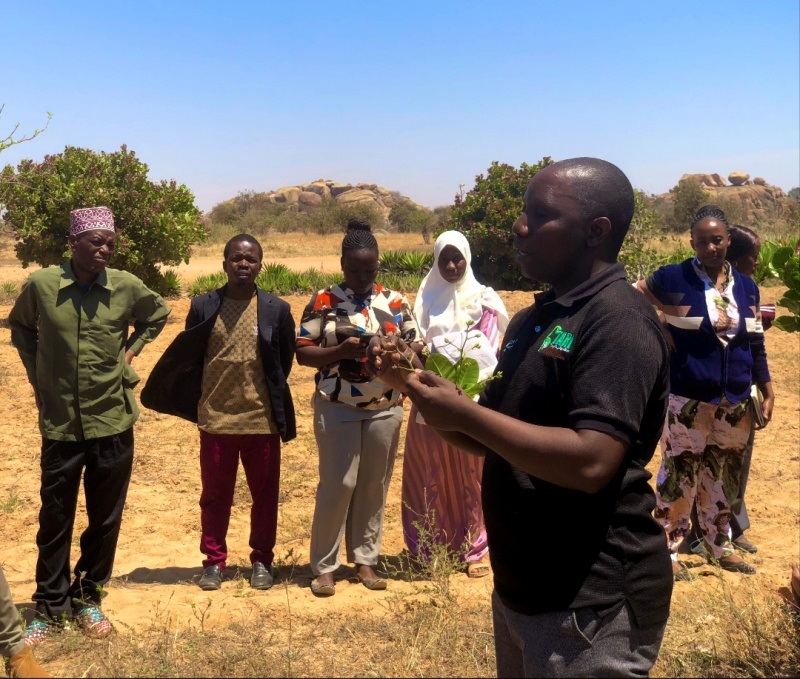New project seeking to help fruit growers to fight against pests
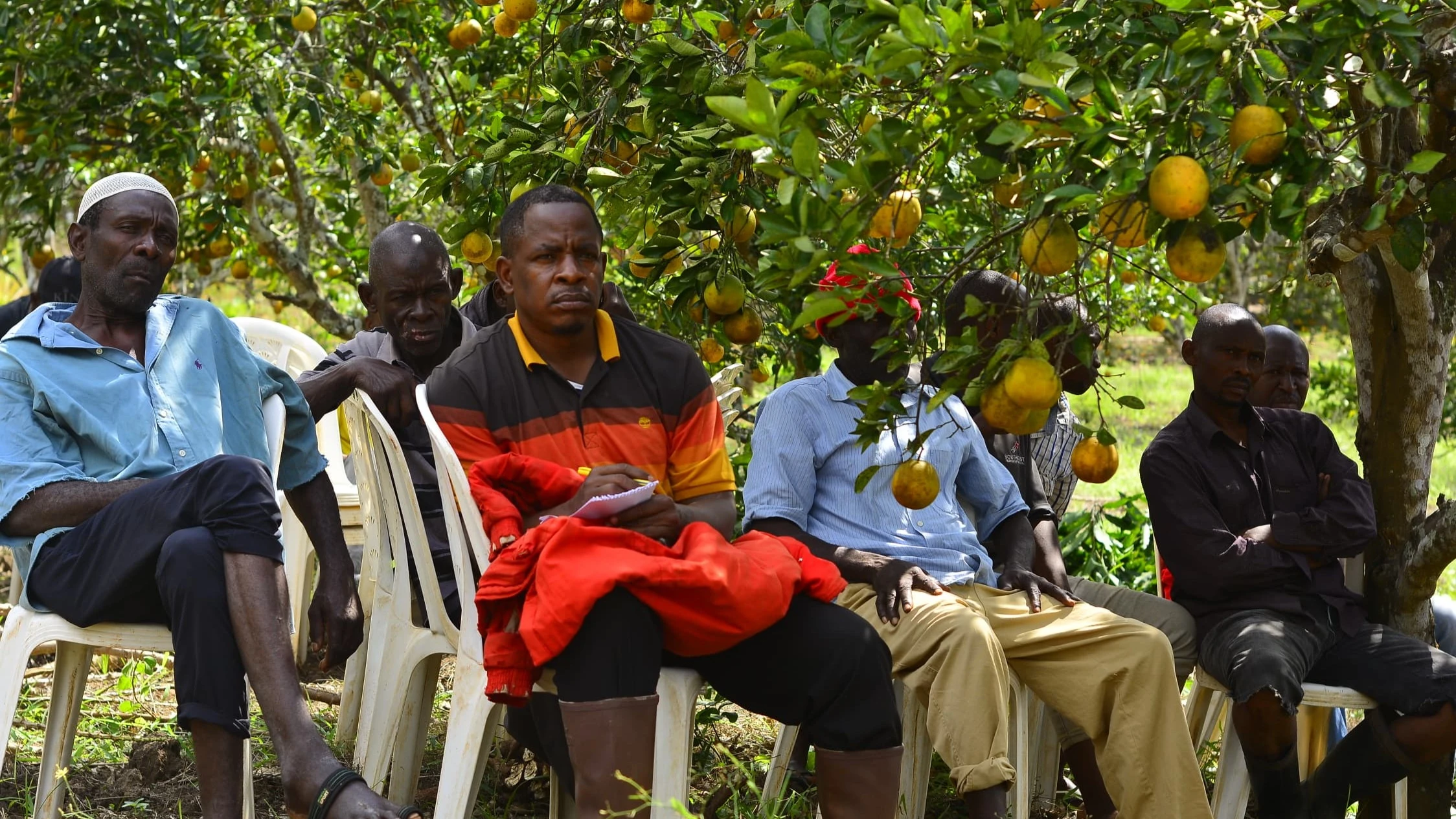
The Tanzania Agricultural Research Institute (TARI) has launched a key project to equip agricultural extension officers and farmers with critical knowledge to combat pests that attack fruit trees.
The robust initiative, which operates in the fruit-growing regions of Kilimanjaro and Tanga, aims to empower farmers cultivating avocados, oranges, and mangoes. The project, titled the Fruit Tree Agroecological-based Integrated Pest Management (IPM) Project, is a three-year collaboration between TARI Ukiriguru and the Kenya-based International Centre of Insect Physiology and Ecology (ICIPE), funded by the German Corporation for International Cooperation (GIZ).
As part of the project, 165 extension officers and farmers in the Hai and Siha districts of Kilimanjaro region and Muheza district in Tanga region have been trained on integrated pest management (IPM) to tackle pests affecting avocado, mango, and orange crops.
Speaking during the project's training session in Tanga over the weekend, Dr. Abdallah Mkiga, the project leader for Tanzania through TARI Ukiriguru, emphasized that the project is designed to support farmers in managing pests more effectively and professionally, especially those that damage their crops.
“This training is intended to ensure that farmers and extension officers can identify fruit tree pests, such as fruit flies and False Codling Moth (FCM), and apply suppression techniques using an integrated pest management approach,” Dr. Mkiga said.
Dr. Shepard Ndlela, the team leader from ICIPE, added that through IPM, farmers will reduce their reliance on chemical pesticides, thus enhancing productivity and fruit quality while safeguarding human and environmental health.
Farmers who participated in the training praised the eco-friendly IPM techniques introduced, such as on-farm monitoring, the use of biopesticides, male annihilation, baiting methods, natural enemies like parasitoids, and orchard sanitation practices, including the use of the Augmentorium.
Charles Semagongo, a farmer from Mkinga village in Muheza district, Tanga region, who owns over 1,500 orange trees, said the training helped him identify pests he had previously not considered a threat to his mango and orange orchards.
Another participant, Fatuma Muhammed, an orange grower from Muheza district, said she now understands how to differentiate between natural enemies and pests and how to integrate these natural enemies with other control techniques for better results.
“We used to think that weaver ants were harmful to our oranges, but the experts from TARI and ICIPE explained that these ants are beneficial as they protect the oranges from other pests,” she shared.
Earlier, during the training's opening session in Hai district, District Commissioner (DC) Lazaro Twange commended TARI for its efforts in building the capacity of agricultural experts and lead farmers across the country, including in Hai.
“This initiative supports the government's goals to enhance the agricultural sector,” DC Twange said.
The four-day training was conducted by experienced researchers from TARI Ukiriguru (Mwanza), TARI Tengeru (Arusha), and TARI Mlingano (Tanga), in collaboration with experts from ICIPE in Nairobi, Kenya.
Muheza District Executive Director (DED), Dr Juma Mhina, stated that the project has come at an opportune time, as fruits are a major source of income for many farmers in the district.
“Apart from being crucial to the district's economy, fruit production has long faced pest-related challenges. We are optimistic that the implementation of this project will help resolve these issues, boosting the economic growth of individual farmers and the nation as a whole,” Dr Mhina noted.
Top Headlines
© 2024 IPPMEDIA.COM. ALL RIGHTS RESERVED












